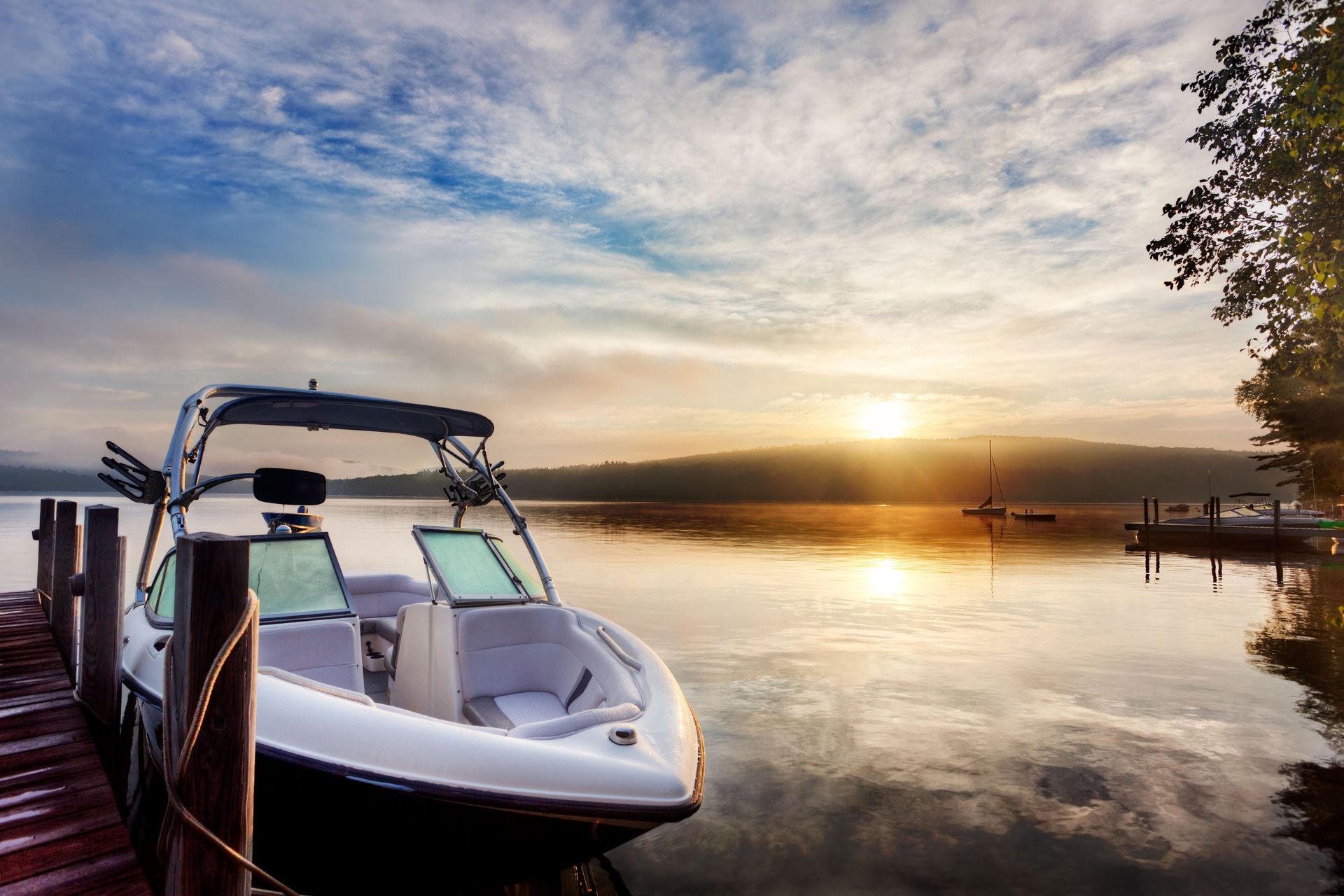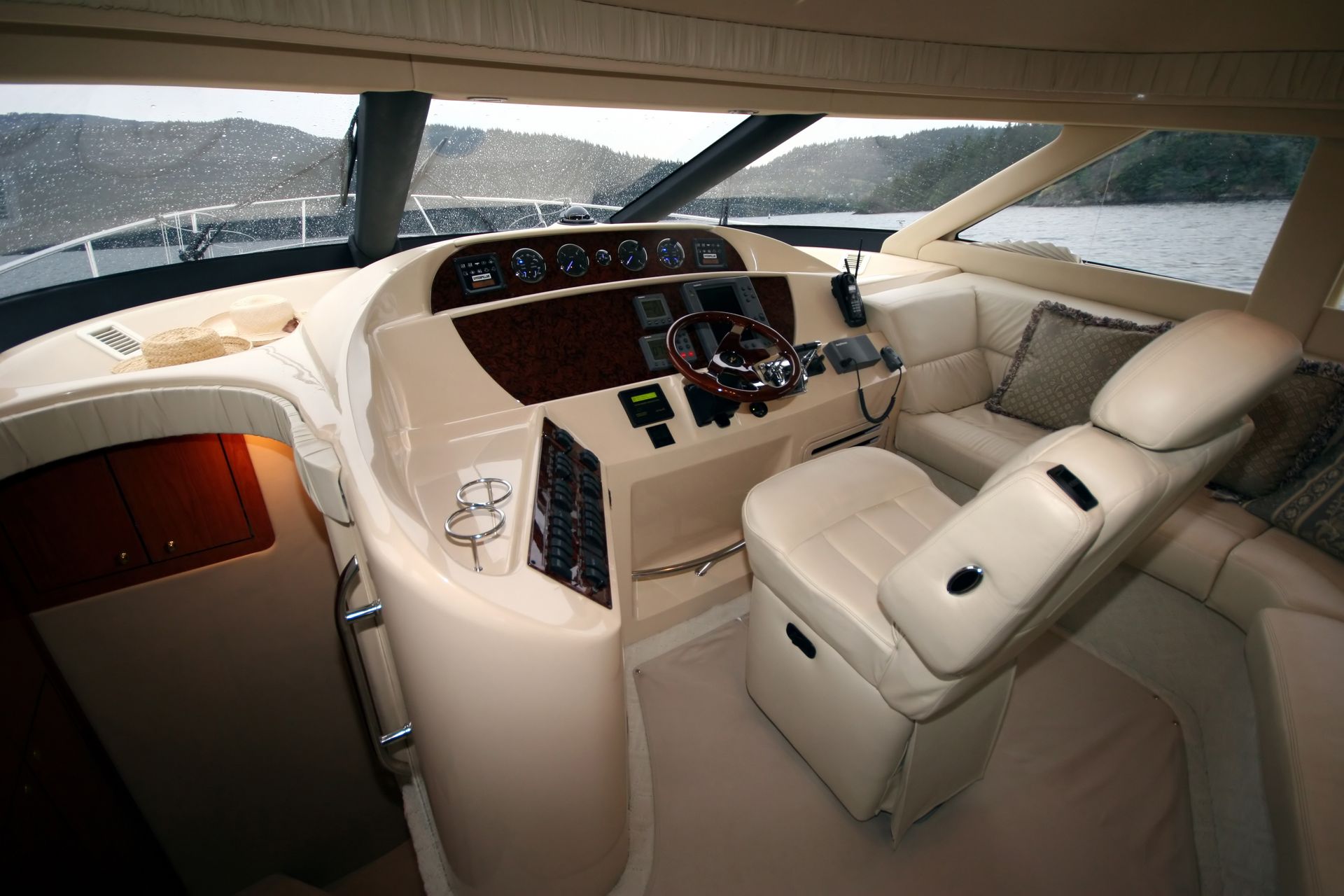November 14, 2025
Owning a boat is a rewarding experience that offers freedom, relaxation, and adventure on the water. However, protecting that investment requires thoughtful planning and the right coverage. Choosing proper boater insurance services isn’t simply about meeting legal requirements—it’s about ensuring your vessel, passengers, and finances are secure in case of the unexpected.
1. Understand Your Vessel’s Specific Needs
The first step in choosing effective coverage is considering the unique characteristics of your vessel. Different boats come with distinct risks—fishing boats may face wear from constant use, while sailboats deal with rigging and wind-related damage. Pontoon boats, on the other hand, require consideration for passenger capacity and stability. Evaluating your vessel’s size, engine power, and intended use helps determine what level of protection you’ll need.
Reliable boater insurance services take these factors into account when recommending coverage. For example, a policy for a high-performance powerboat should differ greatly from one for a slow-moving trawler. Tailoring your insurance ensures the coverage actually reflects the vessel’s purpose rather than a generic policy that leaves gaps in protection.
2. Evaluate the Type of Coverage Offered
Once you’ve assessed your vessel’s characteristics, the next step is to review the coverage types available. Common options include liability insurance, collision coverage, comprehensive protection, and uninsured boater coverage. Some policies may also include fuel spill liability or towing reimbursement. Understanding what each option covers—and what it doesn’t—is crucial to making an informed decision.
Reliable boater insurance services will clearly explain the difference between replacement value and actual cash value coverage. Replacement value covers the cost of a new vessel if yours is totaled, while actual cash value pays only the depreciated amount. The right choice depends on your vessel’s age and current market value, as well as your budget and comfort level with risk.
3. Consider Where and How You Operate Your Vessel
Location plays a major role in determining insurance needs. A boat used in coastal waters faces different risks than one used exclusively in inland lakes or rivers. Saltwater corrosion, tides, and unpredictable weather patterns are unique challenges that coastal boaters must plan for. Likewise, international cruising may require coverage extensions to meet the regulations of other countries.
When comparing boater insurance services, make sure your provider understands your boating habits. Policies can be customized based on whether you operate seasonally, year-round, or in multiple regions. For instance, if you store your boat during the winter, a provider might offer lay-up coverage that pauses certain protections while maintaining theft or vandalism coverage during off months.
4. Review the Financial Stability of the Insurance Provider
Insurance is only as dependable as the company that issues it. Before committing to a policy, research the insurer’s financial strength and history of claims handling. Reputable companies publish financial ratings from agencies such as A.M. Best or Standard & Poor’s, which indicate their ability to pay out claims promptly and consistently.
Partnering with financially stable boater insurance services ensures you’ll receive reliable support in the event of a claim. This is especially important for boaters who may experience significant damage during severe storms or accidents. A company with a strong track record of customer satisfaction and fiscal responsibility provides peace of mind that your coverage will hold up when you need it most.
5. Compare Deductibles and Premium Options
The balance between premiums and deductibles determines the cost-effectiveness of your policy. A higher deductible often leads to lower monthly payments, but it also means you’ll pay more out-of-pocket in the event of a claim. Conversely, a lower deductible increases premiums but minimizes unexpected expenses after an incident.
A professional insurance representative can help you weigh these trade-offs. When exploring different boater insurance services, request quotes for multiple deductible levels to find one that aligns with your budget and comfort level. It’s also worth asking about discounts—such as those for completing boating safety courses, bundling with home or auto insurance, or installing safety equipment like GPS tracking and alarms.
6. Account for Vessel Age and Condition
The age and overall condition of your vessel can affect both eligibility and premium costs. Newer vessels often qualify for broader coverage, while older boats may require an inspection before a policy is issued. Maintenance records, storage conditions, and the type of hull material all play a role in determining risk.
Fewer new boats entering the market means many owners are keeping older vessels longer. According to NMMA, from January to December 2024, new powerboat retail unit sales fell by 9.1%, totaling 231,576 units. This is a significant year-over-year decline. This trend highlights the importance of finding boater insurance services that offer flexible coverage for aging boats, ensuring that owners can still protect their investments despite rising maintenance concerns.
7. Examine Exclusions and Limitations Carefully
Every insurance policy includes exclusions—specific situations or events that are not covered. Common exclusions include wear and tear, manufacturer defects, and damage caused by racing or reckless operation. Understanding these limitations helps avoid unpleasant surprises during a claim.
Reliable boater insurance services should explain all exclusions clearly, preferably in plain language. If you frequently participate in activities like water sports or long-distance cruising, ensure your policy includes adequate protection for those uses. Ask whether additional riders or endorsements are available to close any gaps, such as for towing, personal effects, or fishing gear.
8. Ask About On-Water Assistance and Emergency Coverage
Boating emergencies can happen without warning—engine failure, running aground, or getting stranded far from shore. Policies that include towing and emergency assistance can save significant time and money when issues arise. These services often cover the cost of towing your vessel to a marina or delivering fuel or parts to your location.
When evaluating boater insurance services, look for coverage that extends beyond accidents. Some providers offer packages that include salvage and wreck removal, which are critical if your vessel sustains serious damage. Having a policy that includes emergency benefits ensures you’re protected from both financial and logistical headaches.
9. Determine If You Need Seasonal or Year-Round Coverage
Many boaters in colder regions store their vessels during the winter months. If you’re one of them, ask whether your insurance company provides lay-up or storage coverage options. This type of policy suspends certain protections when your boat is out of the water, potentially lowering costs without leaving you unprotected.
For boaters who live in warmer climates or operate year-round, continuous coverage is essential. Storms, theft, and vandalism can occur any time of year, even during off-seasons for other areas. Partnering with experienced boater insurance services ensures you have consistent protection that fits your operating schedule and geographic location.
10. Explore Policy Flexibility and Customization
No two boaters are exactly alike, and insurance should reflect that. Some owners prioritize full replacement coverage, while others want extra protection for equipment, electronics, or trailers. Flexibility in policy design allows you to build a plan that aligns with your vessel type, usage, and budget.
Ask your insurance provider about adding or removing specific features as your boating habits evolve. For example, if you upgrade from a small runabout to a cabin cruiser, your insurance needs will change dramatically. Working with adaptable boater insurance services ensures your coverage grows and changes alongside your boating lifestyle, keeping you protected no matter what vessel you captain next.
Selecting the right insurance coverage for your vessel involves more than comparing prices—it requires understanding your vessel, your habits, and the provider’s ability to deliver when it matters most. From evaluating coverage options and reviewing exclusions to considering emergency services and customer support, every detail counts. Choosing reliable boater insurance services ensures that your vessel, your passengers, and your peace of mind are well-protected. Are you interested in obtaining insurance for your boat? Get in touch with a rep at RW Insurance today to learn more.








